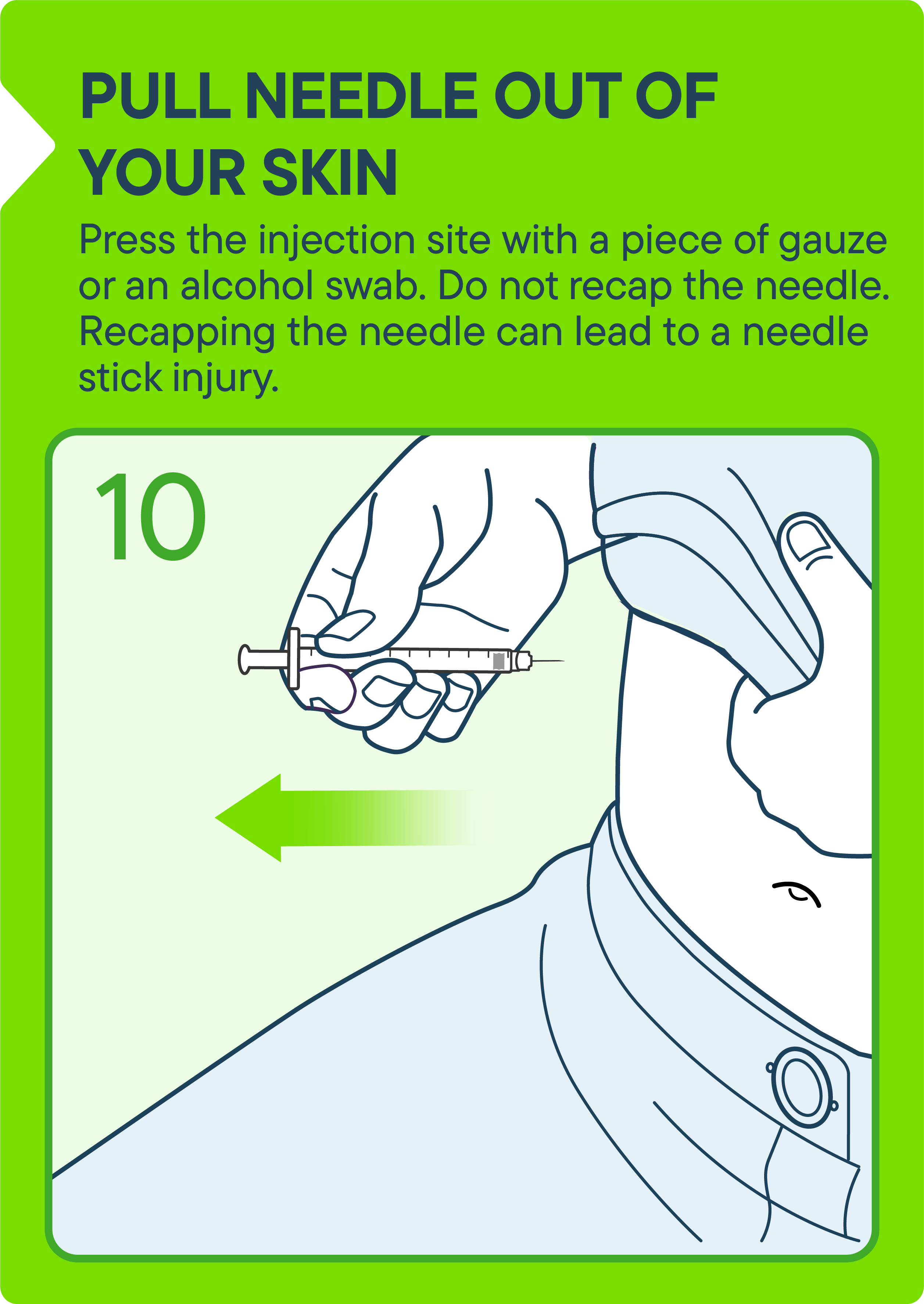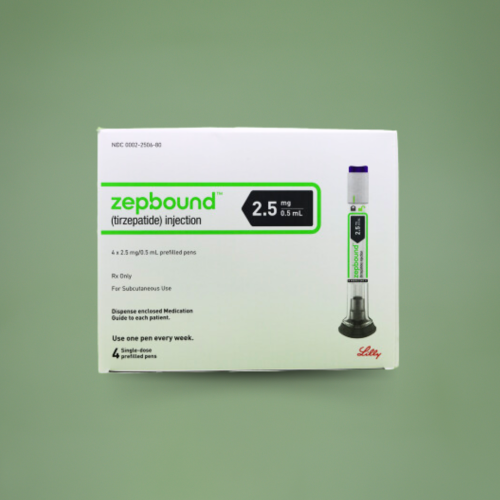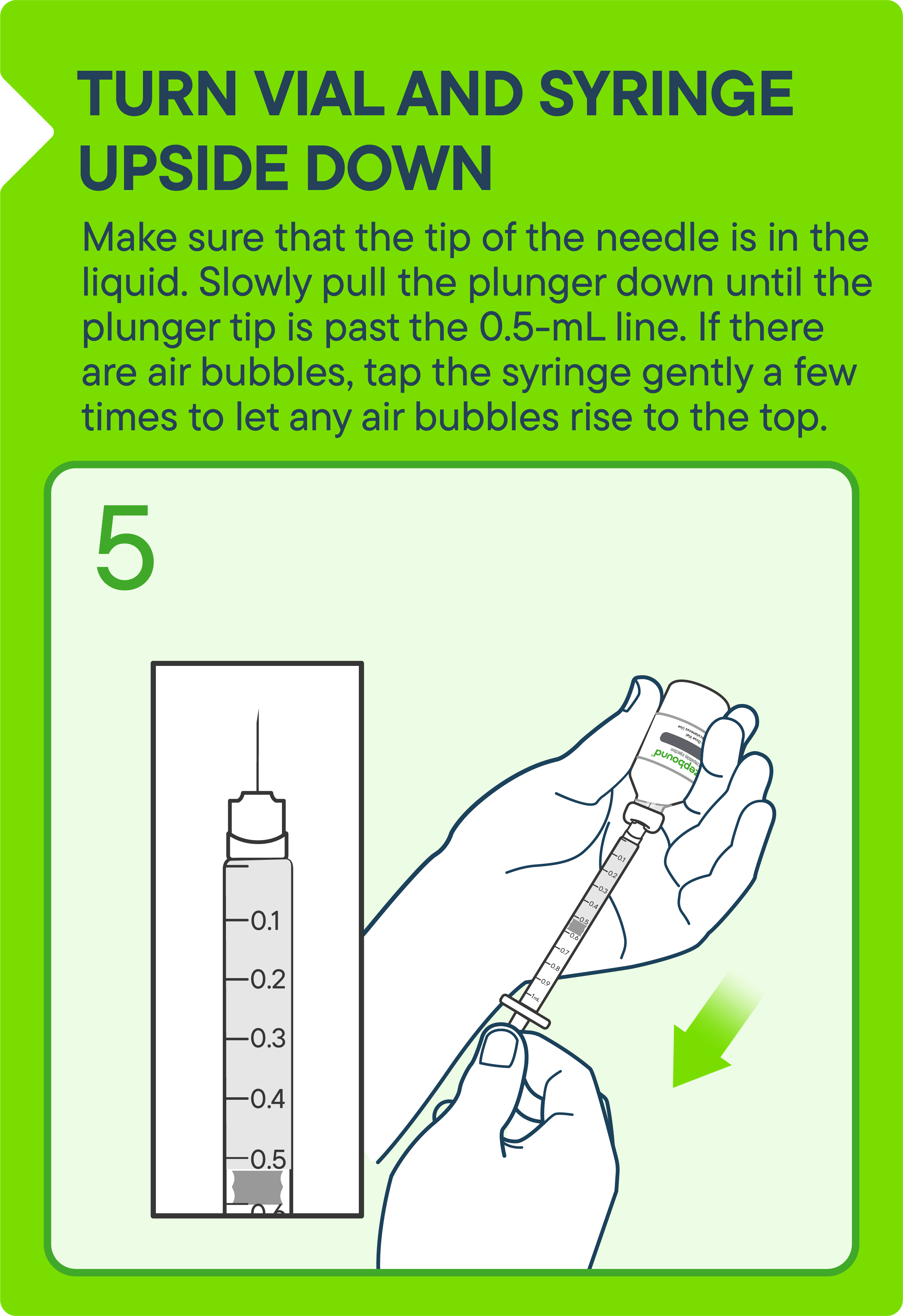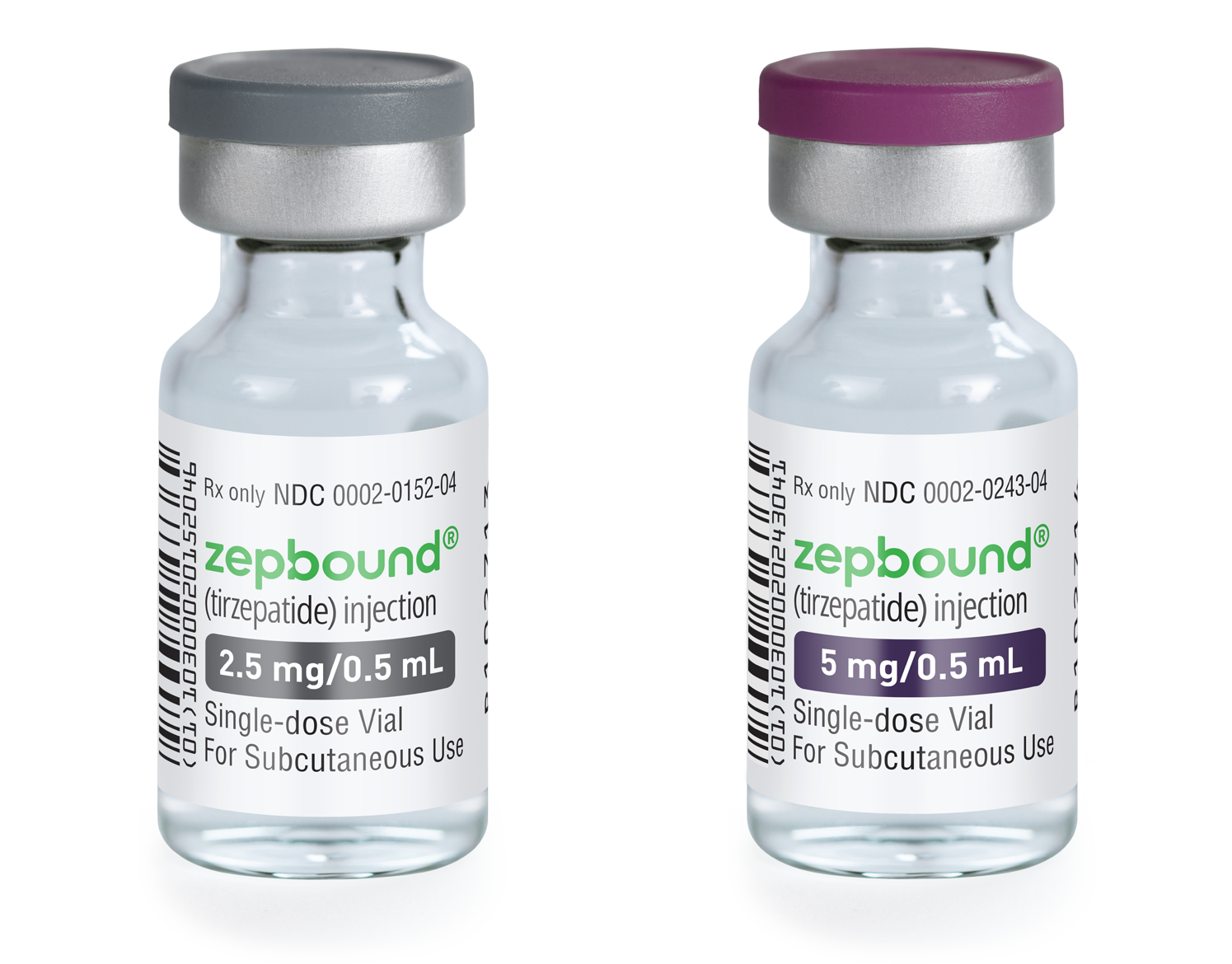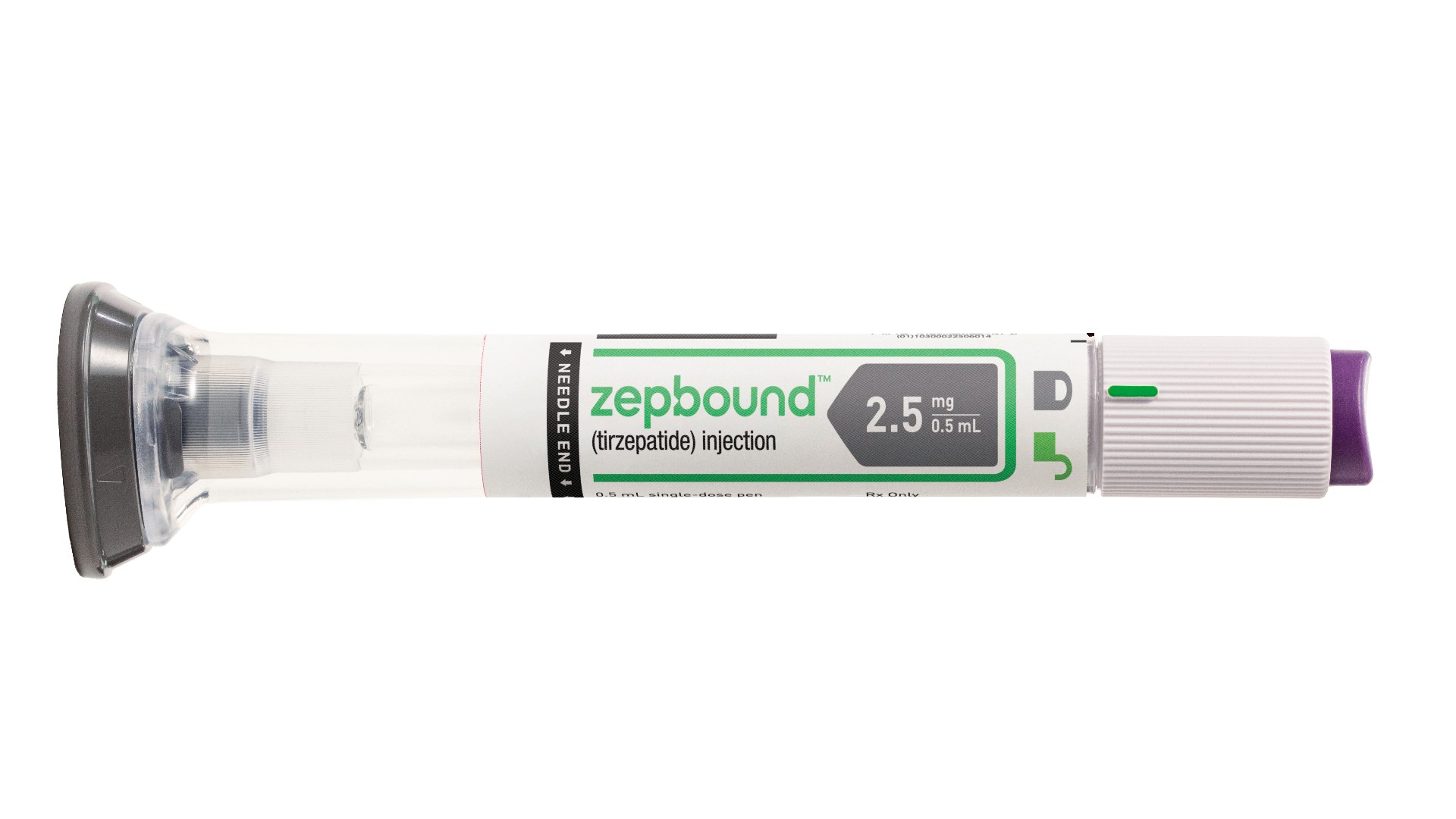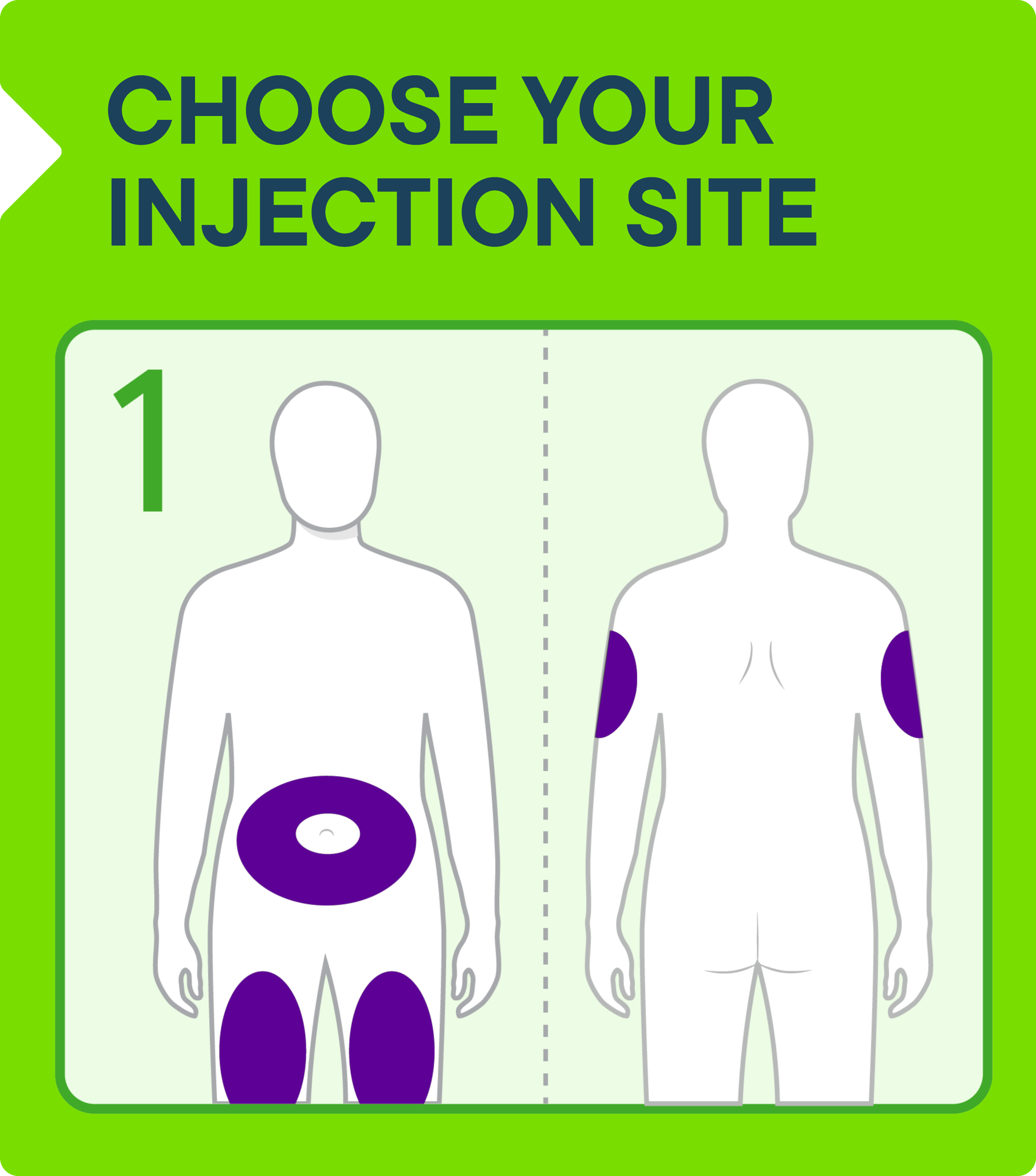Should You Take Zepbound In The Morning Or At Night

The arrival of Zepbound (tirzepatide), a new medication for chronic weight management, has been met with considerable excitement and hope. But as individuals embark on this journey, a common question arises: when is the best time to take it? This seemingly simple query has sparked discussions among patients and healthcare professionals alike, with varying perspectives on the optimal timing for this once-weekly injection.
This article delves into the factors influencing the decision of when to administer Zepbound – morning versus night. We'll explore potential benefits, drawbacks, and the underlying physiological mechanisms to provide a comprehensive understanding. By examining available evidence and expert opinions, we aim to equip individuals with the knowledge to make informed choices in consultation with their healthcare providers.
Understanding Zepbound and its Mechanism
Zepbound is a dual glucose-dependent insulinotropic polypeptide (GIP) and glucagon-like peptide-1 (GLP-1) receptor agonist. These hormones play key roles in regulating blood sugar levels and appetite. By mimicking the actions of these hormones, Zepbound enhances insulin secretion, suppresses glucagon secretion, delays gastric emptying, and promotes feelings of fullness, leading to reduced food intake and weight loss.
The medication is administered as a subcutaneous injection once a week. While the timing is flexible, consistency is key to maintaining stable blood levels of the drug. The initial recommended dose is 2.5 mg, which is gradually increased over several weeks to a maintenance dose, as tolerated.
Morning Administration: Potential Benefits and Considerations
Some individuals prefer taking Zepbound in the morning, believing it aligns better with their daily routines and may offer certain advantages. A primary argument for morning administration centers around appetite control throughout the day. By taking the injection early, the appetite-suppressing effects may be more pronounced during daytime hours when most meals are consumed.
Furthermore, some healthcare professionals suggest that morning administration may help mitigate potential gastrointestinal side effects, such as nausea, which can occur more frequently after eating. Taking Zepbound before breakfast might allow individuals to adjust their diet and manage any discomfort before it interferes with their daily activities. Also, individuals who tend to forget easily may prefer a morning injection.
However, there are potential drawbacks to consider. For some, morning administration may coincide with busy schedules, making it challenging to consistently adhere to the weekly injection schedule. Others may find that the appetite-suppressing effects wear off later in the day, leading to increased cravings in the evening. Finally, morning injections might amplify side effects for some people.
Evening Administration: Potential Benefits and Considerations
The alternative approach is to administer Zepbound in the evening, typically before bedtime. Proponents of this timing suggest that it may help manage side effects while you sleep. The rationale is that the peak effects of the medication, including potential nausea or other gastrointestinal discomfort, occur while the individual is asleep, minimizing their impact on daily activities.
Evening administration might also align better with the body's natural circadian rhythm. Some studies suggest that certain metabolic processes are more active during the night, potentially enhancing the effectiveness of the medication. Those who work overnight may find the evening or nighttime the best choice.
Conversely, evening administration carries its own set of considerations. The appetite-suppressing effects may be less pronounced during the day, potentially making it more challenging to control food intake. Moreover, some individuals may experience insomnia or other sleep disturbances as a result of the medication, particularly if taken too close to bedtime. Also, the individual needs to remember to take the injection before going to bed.
The Importance of Individualized Approach and Expert Opinion
It's crucial to emphasize that there is no one-size-fits-all answer to the question of when to take Zepbound. The optimal timing depends on individual factors, including lifestyle, eating habits, tolerance to side effects, and personal preferences. Consulting with a healthcare professional is essential to determine the most appropriate approach.
A doctor or registered dietitian can assess individual needs and provide tailored recommendations based on a thorough evaluation. They can also monitor for any adverse effects and adjust the dosage or timing as needed. This personalized approach ensures that individuals receive the maximum benefit from Zepbound while minimizing potential risks.
What Does the Research Say?
Currently, there is limited research directly comparing the effects of morning versus evening administration of Zepbound. Clinical trials have primarily focused on the overall efficacy and safety of the medication, rather than specific timing considerations. Therefore, healthcare professionals often rely on anecdotal evidence and clinical experience to guide their recommendations.
More research is needed to definitively determine whether the timing of Zepbound administration significantly impacts its effectiveness or side effect profile. Future studies should investigate the effects of different administration times on appetite control, blood sugar levels, gastrointestinal function, and sleep quality.
Practical Tips and Considerations
Regardless of when you choose to take Zepbound, consistency is key. Select a specific day and time each week and stick to it as closely as possible. This will help maintain stable blood levels of the medication and maximize its effectiveness. Consider setting a reminder on your phone or calendar to avoid missing a dose.
Pay close attention to your body's response to the medication and communicate any concerns or side effects to your healthcare provider. They can help you adjust the timing or dosage as needed. Remember, finding the optimal timing may require some experimentation and patience. Also, continue following a healthy diet and exercise program.
The Future of Weight Management with Zepbound
Zepbound represents a significant advancement in the treatment of obesity and related conditions. Its dual-agonist mechanism offers a novel approach to weight management, with promising results observed in clinical trials. As more individuals gain access to this medication, further research and clinical experience will undoubtedly refine our understanding of its optimal use.
Ultimately, the decision of when to take Zepbound should be a collaborative one between the individual and their healthcare provider. By carefully considering individual factors, potential benefits, and potential drawbacks, individuals can make informed choices that support their weight loss goals and overall well-being. The future looks promising in our fight against obesity.
.png)





